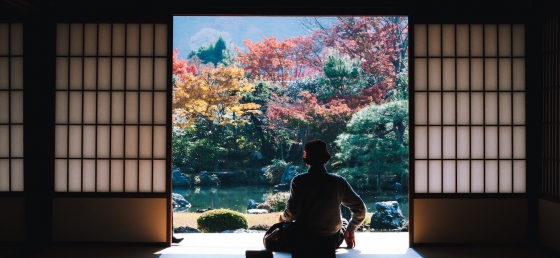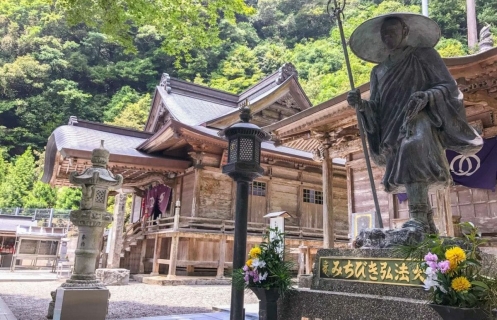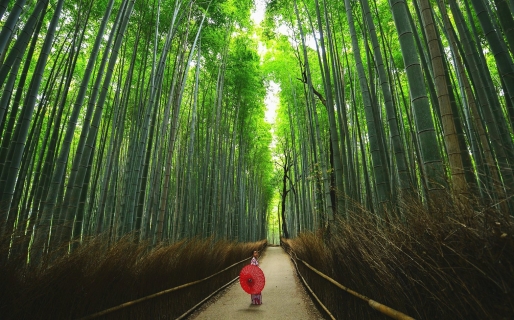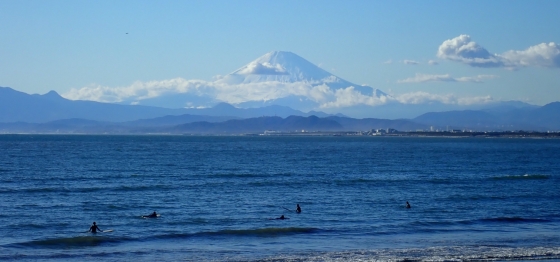Kurobe Weather and Climate: A Comprehensive Guide
Kurobe experiences great temperature shifts.
The city's weather can transition from warm days
to cold weather.
It is also known for its large amounts of rain/snowfall.
Let's now guide you through the climate details for a complete overview.
Average maximum day and minimum night temperature
The climate in Kurobe is known for significant temperature differences throughout the year, making the weather dynamic. Typically, average maximum daytime temperatures range from a comfortable 29°C in August to a chilly 5°C in the coolest month, February.
Nights are cooler, with lows often dropping to around -0°C during the colder months. Check out our detailed temperature page for more information.Temperature ranges by month
Precipitation and rainy days
Kurobe has a notably wet climate with abundant precipitation, recording 2573 mm of rain/snowfall per year. Kurobe offers a pleasant mix of wetter and slightly drier months. The difference in precipitation between July (276 mm) and May (163 mm) is not too significant, making the climate enjoyable for visitors and residents alike.The mean monthly precipitation over the year, including rain, hail and snow
Sunshine over the year
For those who appreciate different seasons, Kurobe serves as an ideal destination. Expect longer, more sun-filled days in August with an average of 6.6 hours of sunshine daily, and embrace the darker days in January, offering only 2.2 hours of daily sunlight. Visit our detailed sunshine hours page for more information.Monthly hours of sunshine
Daily hours of sunshine
broken clouds and no rain partly cloudy and rain broken clouds and rainForecast for Kurobe
Select a Month of Interest
Check the conditions for any month of the year.
The best time of year to visit Kurobe in Japan
During the months of June and September you are most likely to experience good weather with pleasant average temperatures that fall between 20°C and 26°C.The average rainfall figures in Kurobe are quite high. Throughout the year, you have a chance of prolonged precipitation. So no matter what time of year you go, you will always have to deal with a high number of rainy days. This makes it more challenging to point out the best time of year to visit. If we needed to pick one month we would choose August which is the sunniest month of the year.
Other facts from our historical weather data:
August has an average maximum temperature of 29°C and is the warmest month of the year.
The coldest month is February with an average maximum temperature of 5°C.
July tops the wettest month list with 276 mm of rainfall.
May is the driest month with 163 mm of precipitation.
August is the sunniest month with an average of 198 hours of sunshine.
No idea where to travel to this year? We have a tool that recommends destinations based on your ideal conditions. Find out where to go with our weather planner.




